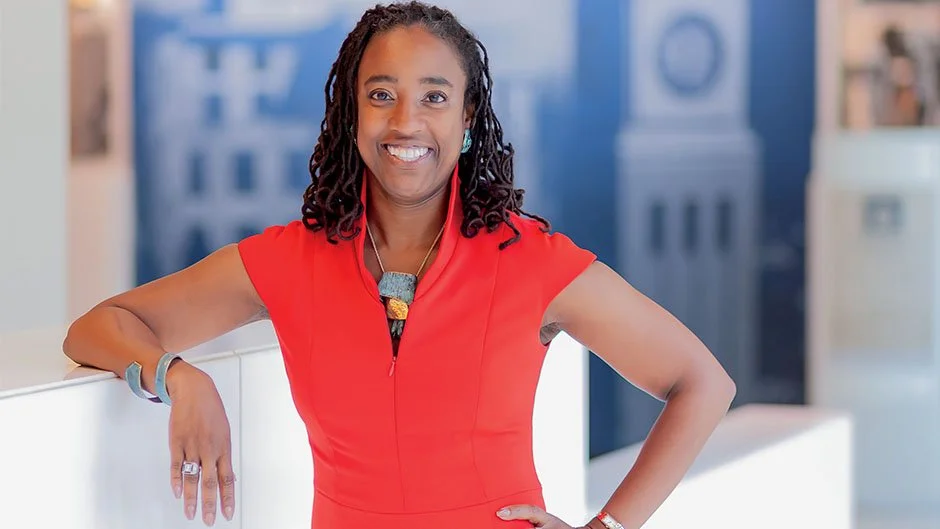The criminal legal system has left us with too little justice, and too much mass incarceration, racial disparities, and lifelong burdens on those it touches. But few groups suffer as much under the system’s burdens as young black people.
Read MoreMass incarceration remains the hallmark of the US justice system, as it has been for decades. In the last ten years, in some states, we see less jail in low-level cases and more electronic monitoring. But does this just trade one form of custody for another?
Read MoreWhen juveniles face criminal charges, most end up on probation. This should put their young lives on track. But too often, it’s just another set of rules, and kids fall into deeper trouble. Can we transform probation for juveniles, so more kids don’t become adult offenders?
Read MoreWith the news of Supreme Court Justice Anthony Kennedy's retirement, we review some of the important decisions in which he played a key role, and consider how his departure may affect the Court's approach to criminal justice cases.
Read MoreSince they began in the early 20th century, juvenile courts always treated kids differently – as people who were young enough to change. This began to change in the 1980s and 1990s when crime really spiked and we began putting some kids in adult courts and prisons – even giving life without parole and death penalties.Marsha Levick, deputy director and chief counsel for the Juvenile Law Center in Philadelphia, explains what changed.
Read More




